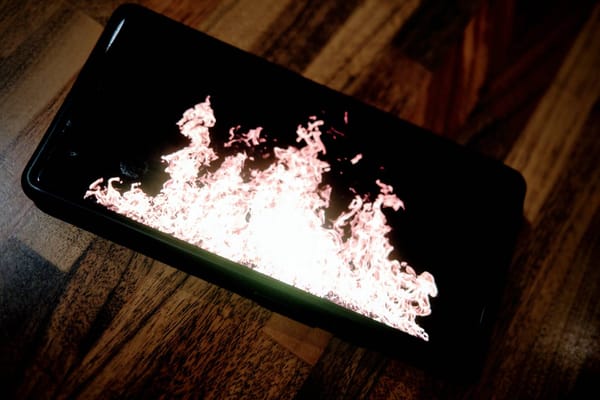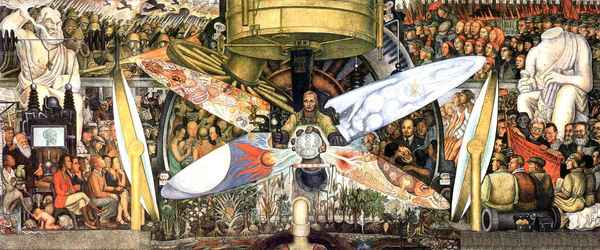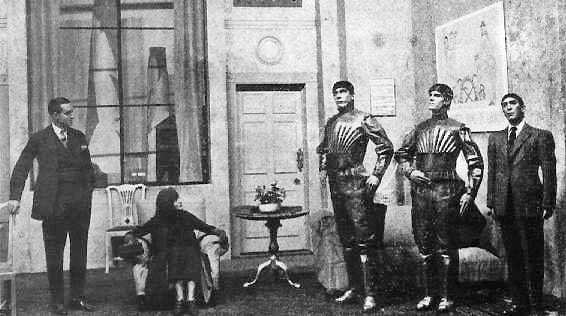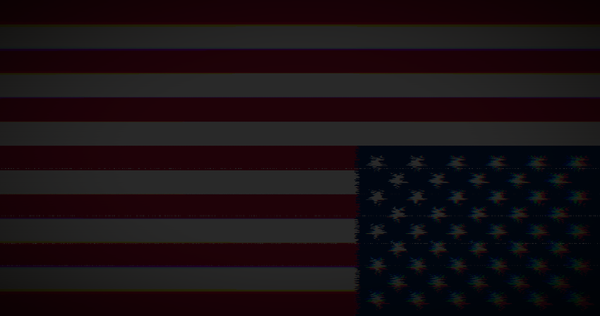Some notes on South Africa's case against Israel at The Hague over genocide in Gaza
This post is migrated from the old Wordpress blog. Some things may be broken.
The UN’s WebTV site for the ICJ was my background audio Thursday and Friday as South Africa made its charges against Israel, alleging its attacks on Gaza amount to a threat of genocide. Thursday was the day for South Africa to lay out its allegations, and Friday was for Israel to account for its actions. (You can find both sessions, around three hours each, on the site still, unlike BBC which only live streamed the Israeli response). What was interesting in following the chatter on social platforms was an overall lack of understanding what the ICJ is, how it’s different from the ICC and what a ruling would mean.
Both courts are based in The Hague. The International Court of Justice (ICJ) resolves disputes between States. The ICC prosecutes individuals for crimes. There’s a good explainer on the University of Melbourne website.
Some people put a lot of weight on the fact that the ICJ’s verdicts aren’t really binding, but rulings are also not exactly weightless. As Kenneth Roth, the former head of Human Rights Watch, points out in the Guardian, “the ICJ has no capacity to mandate compliance other than by act of the UN security council, which the US government could veto. But the Israeli government, having accepted the court’s legitimacy by arguing the case, will be hard pressed to ignore an adverse ruling. Moreover, a finding of probable genocide would be deeply stigmatising for a country that was created as a refuge from genocide, adding considerable pressure on Netanyahu to stop, and making it far more difficult for Biden to continue his unconditional provision of arms and military aid. That could make an enormous difference in saving Palestinian civilian lives.”
Israeli Prime Minister has already tweeted that regardless of how the genocide case against his government goes, “Nobody will stop us – not The Hague.” But for Palestinians, getting a hearing like this in The Hague is hugely powerful in and of itself.
Anyway, here are some good pieces on both the war and the case at The Hague from the week…
- “Genocide Case against Israel at World Court” — Human Rights Watch
- “South Africa’s genocide case against Israel: expert sets out what to expect from the International Court of Justice” — The Conversation
- “The ICJ cannot force Israel to cease its genocide in Palestine” — CAGE International
- “South Africa’s Genocide Case Against Israel Is Serious” — Spencer Ackerman, in Forever Wars
- “War on Gaza: The West will stand in the dock alongside Israel at the genocide court” — Jonathan Cook, in Middle East Eye
- “Not a Day Goes by Where I Don’t Think About Leaving” (In which two Biden administration staffers describe growing internal dissent over the U.S.’s position) — Alex Cane in Jewish Currents
- “A Glimpse Inside a Devastated Gaza” (in which the Israeli occupation forces give some journalists a tour of Gaza and try to convince them that what they see is not the reality) — New York Times
- “War on Gaza: 100 days on, a regional catastrophe looms” — by David Hearst, in Middle East Eye
Side note…
In response to Israel’s bombardment of Gaza, Yemen’s Houthi movement started a campaign to cut off the maritime trade route in the Red Sea by targeting a number of cargo ships with rocket attacks if they pass by. This can have some significant economic knock-on effects, which is kind of the point, and they’ve been getting some likes across the different social media platforms. But this is a side hustle, not the Houthi’s raison d’etre. Since 2014 the movement, with support from Iran, has been locked in a civil war against a Saudi-supported coalition that recognises Yemen’s official government. More on that in the Global Conflict Tracker. The Houthi’s control the north part of the country for the most part and have been in negotiations with Saudi Arabia about a ceasefire for the last two years, but with the current action that has involved the U.S. everything could now be up in the air. Given all these elements, it’s easy to see why some people are quickly posting shout outs to the Houthis. Only maybe they shouldn’t be.
On the one hand, It’s really okay if you want to point out U.S. hypocrisy and find whole the Red Sea situation to be a kind of “fuck around and find out” scenario. That is is. And you can instantly see the vacuous priorities of the West when it comes to this whole region on display here. But try not to let that morph into “Yay Houthis!” They are brutal tyrants, like the brutal tyrants they are in a civil war with over control of the country.
Not every race has a horse you want to back. But you’re never wrong to support local civil society anywhere. And when you cheer for the regime attacking them, they see it. If you want to know more about the Houthi movement and how it rules the territory it controls, and it’s own war crimes, here’s an Amnesty International report on it.



